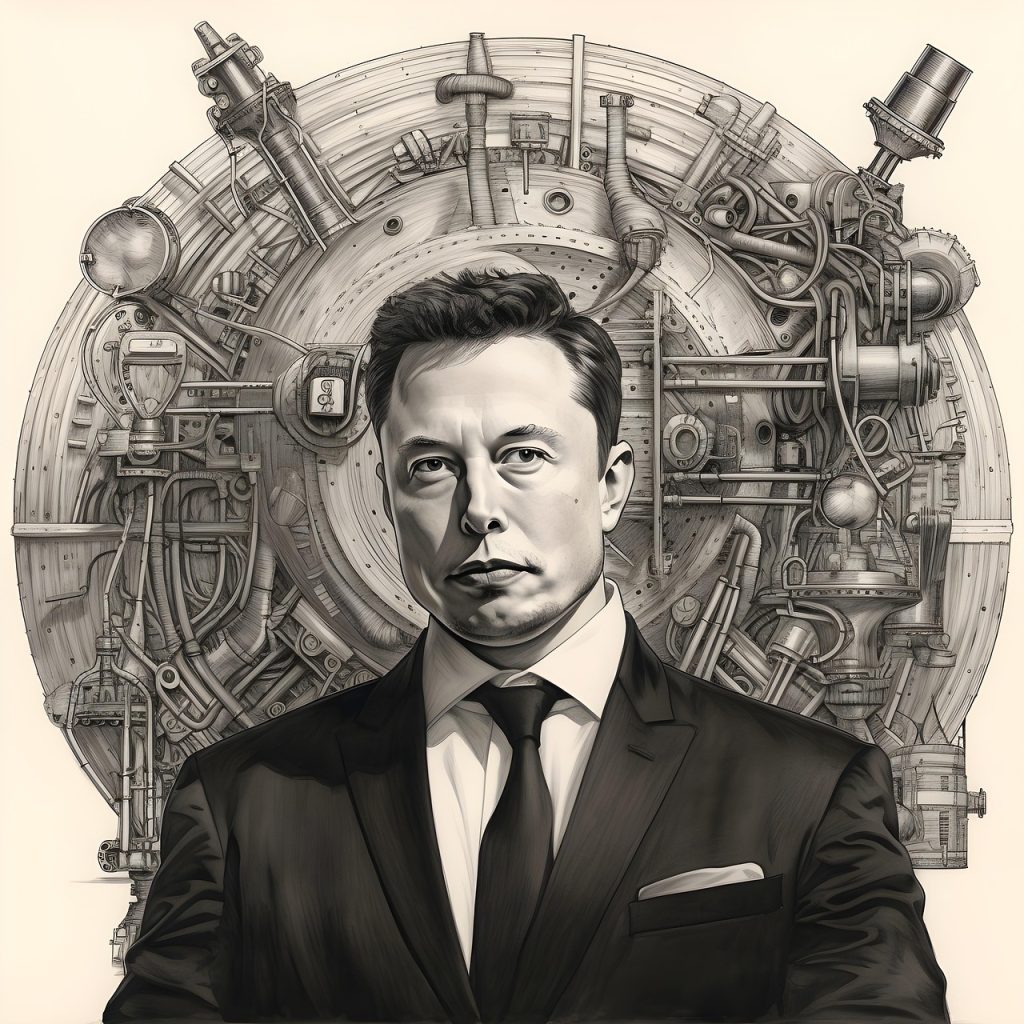He’s building rockets to Mars, creating brain implants, and tweeting memes at 3 AM. Elon Musk’s mind operates differently than most people. What psychological patterns drive him?
Whether you love him or think he’s lost it, you can’t ignore that Elon Musk’s brain works differently. Understanding his mental patterns explains both his revolutionary achievements and controversial behavior.
First Principles Thinking
Musk breaks everything down to fundamental truths and rebuilds from there. Instead of accepting “that’s how it’s always been done,” he asks “what are the physics of this problem?”
With rockets, everyone said they had to be expensive because they always had been. Musk broke it down: the fuel is cheap, so why throw away the rocket? First principles led to reusable rockets.
This thinking pattern requires massive mental energy because you’re re-solving problems others consider solved. Most brains conserve energy by accepting existing solutions. Musk’s brain seems wired to question everything.
Systems Thinking Obsession
Musk thinks in interconnected systems rather than isolated problems, explaining his seemingly random business choices.
Cars, solar panels, batteries, and space travel aren’t separate interests—they’re connected pieces of making humanity sustainable and multiplanetary. His brain sees the bigger system.
This explains why he can run multiple companies simultaneously. In his mind, they’re all working toward the same meta-goal, so context switching isn’t as jarring.
The downside is that systems thinking can make you impatient with people who only see individual pieces.
Rapid Learning Mechanism
Musk demonstrates unusual ability to quickly master complex technical fields that usually take decades to understand.
He taught himself rocket science, battery technology, neural interfaces, and manufacturing by reading and talking to experts at accelerated pace. His learning involves intense focus periods where he absorbs information, then immediately applies it to real problems.
This suggests his brain either processes information faster than average or has better pattern recognition for connecting new information to existing knowledge.
Reality Distortion Field
Musk operates with extreme optimism bias—believing he can achieve things that seem impossible to everyone else.
He consistently sets timelines that seem insane to experts, then often achieves goals later than promised but faster than anyone thought possible.
His brain seems to filter out information suggesting something can’t be done, focusing only on potential paths to success. This is useful for innovation but creates blind spots.
The reality distortion works because it’s not entirely delusional—he’s succeeded at enough “impossible” things that his optimism has empirical backing.
Hyperfocus and Switching
Musk displays intense hyperfocus, becoming completely absorbed in problems for hours or days. During focus periods, he blocks out everything else—sleep, food, social obligations.
This alternates with rapid context switching between different companies and problems, suggesting his brain can quickly change gears between complex domains.
The hyperfocus explains his productivity but also his tendency to neglect other life areas when absorbed in challenges.
Information Processing Speed
Musk processes and synthesizes information at a rate that often overwhelms people around him.
In meetings, he quickly grasps complex concepts, identifies problems, and proposes solutions faster than others can understand the issue. His Twitter behavior reflects this—consuming vast information and immediately responding.
This speed allows quick decisions and rapid strategy pivots, but can create communication problems when others can’t keep up.
Risk Tolerance Psychology
Musk evaluates risk completely differently than most people. He regularly bets his entire fortune on new ventures, treating financial risk as secondary to potential impact.
His risk assessment focuses more on “what if this works?” than “what if this fails?” This enables massive ambition but can be financially dangerous.
Having succeeded after taking previous “impossible” risks created a psychological pattern where extreme risk feels normal.
Communication Contradictions
Musk can explain complex technical concepts clearly but often struggles with emotional or interpersonal communication.
His Twitter swings between profound tech insights and seemingly impulsive reactions to criticism. This suggests his brain excels at logical processing but may have less developed emotional regulation and social awareness.
The pattern indicates someone whose intellectual abilities far outpace their emotional intelligence development.
The Psychological Costs
Operating at this mental intensity comes with significant costs visible in his behavior.
Constant context switching, hyperfocus periods, and extreme ambition require enormous mental energy that can lead to burnout and emotional volatility.
His public behavior often suggests someone running on mental overdrive without adequate recovery time. The isolation from thinking differently than everyone else creates social and emotional challenges that success doesn’t solve.
The Double-Edged Sword
Musk’s psychology shows that extraordinary ability often comes with extraordinary complexity. The same mental patterns that enable genius can create significant personal challenges.
His strengths and weaknesses are interconnected—the hyperfocus that drives innovation also creates social problems. The optimism that enables impossible achievements also creates unrealistic expectations.
Understanding these patterns helps explain both his remarkable achievements and his more problematic public behavior.
What aspect of Musk’s thinking do you find most interesting or concerning? Which of these mental patterns do you recognize in other high achievers?
